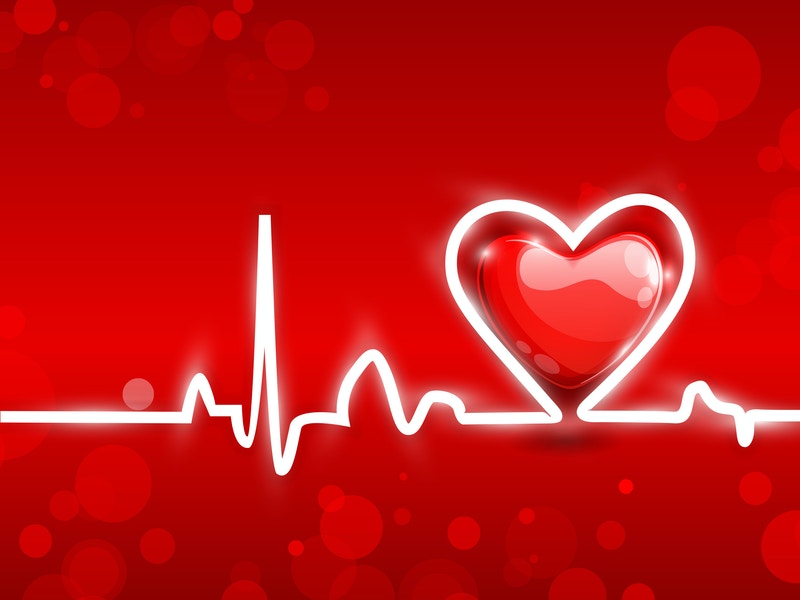

What’s the largest organ of the human body? Believe it or not, we see it, touch it, and wash it every day. It’s our skin! Not all of our organs are inside us, and our skin happens to make up a good portion of our bodies (an average of 8 pounds and 22 square feet of us)!
Our skin isn’t just prevalent, it’s important. The epidermis, or the outside layer of skin, protects us from all kinds of external hazards. Think of the skin as the body’s first line of defense against bacteria and other microbes. Additionally, the skin regulates body temperature and also allows for the sensation of touch, which lets us generally know what to avoid (pain) and what to seek (pleasure).
The Social Value of Skin
There’s more to our skin than its primary functions, too. Clear, healthy skin has a social value. Think about all the advertisements selling products that make skin look younger, clearer, and more vibrant. We naturally associate good looking skin with good health, and for good reason. Eating healthy, exercising regularly, and reducing stress levels can go a long way toward clearing up skin.
Common ailments such as acne and dermatitis, even if triggered by hormones or genetics, typically cause anxiety and even depression among those who suffer from them. This increased stress can make these problems worse, resulting in a cycle of unhealthy skin. With 40 to 50 million Americans suffering from acne, it is the most widespread skin issue in the U.S. Fortunately, there are many treatments for acne, both over the counter and prescribed.
Dermatologists to the Rescue
Dermatologists are doctors who specialize in skin health. Those who suffer from severe acne, for instance, can seek advice and treatment from a trusted dermatologist. But dermatologists deal with much more than acne and dermatitis. One of the most important objectives of these doctors is to check for and prevent skin cancer, which afflicts about one in five Americans throughout their lifetime. With proper attention to skin features like moles, dermatologists can locate and recognize areas at risk for cancerous growths. In addition to the more serious, life-threatening health risks that dermatologists deal with on a regular basis, they also tackle problems such as hair loss
Finding the Best Dermatologist for Hair Loss
Hair loss, though very common especially in men, can be a serious condition in its own right. While it typically doesn’t indicate anything life-threatening, the loss of one’s hair can result in serious problems with self-esteem and social interaction. Since appearance is so important to most people, it’s important for those susceptible to hair loss to find the best dermatologist for hair loss.
More than half of all men will experience what is called male-pattern baldness, a hereditary condition that causes the hairline to recede. About 40% of women also experience hereditary hair loss. Fortunately, preventative measures can be taken to slow or stop further hair loss. Dermatologists can assess the type and severity of hair loss in a particular patient and prescribe the proper treatment, such as Minoxidil or Finasteride (for men only).
Our skin is important and directly tied to both our overall health and our self-esteem. Seeking out the best dermatologist for hair loss, acne, skin cancer, and more is important to maintain great looking and healthy skin for years to come.